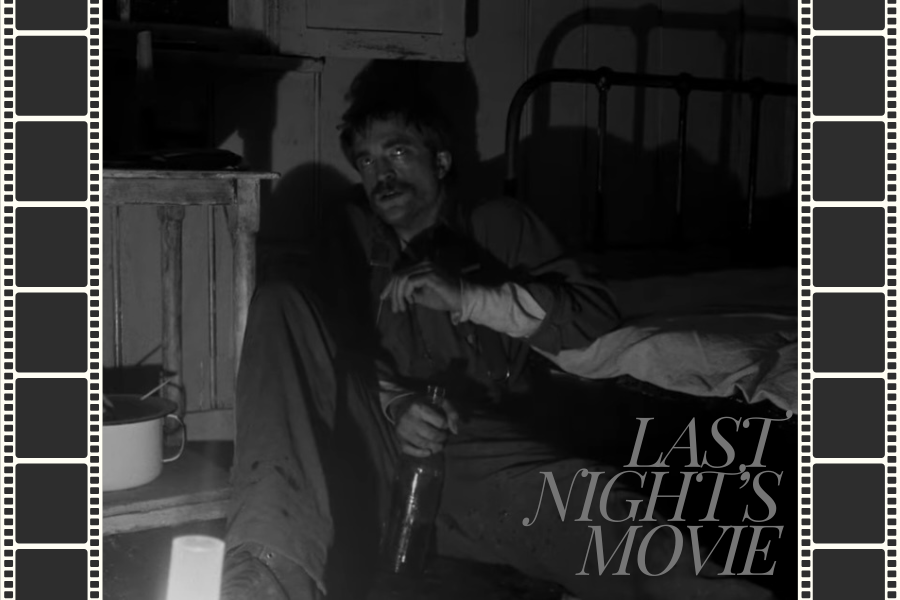One important lesson I’ve learned from all the years of withstanding nagging from my mother was to never let people find you where they left you.
Easily the best piece of advice I’ve ever received, mainly because the idea of getting revenge on people becomes “trashy” and “low” when you realize the best revenge you can get on someone is to become unrecognizable. If I can become unrecognizable to myself, surely nobody who’s done me wrong will recognize me either.
This is when you are able to tap into a mindset of becoming inaccessible. But, in order to get there, you’ve gotta be able to drop some bad habits. Here are some things I’ve officially outgrown in order to elevate myself.
#1. Self-deprecating on the internet
This point is huge. I’ve noticed that when my generation hit the ages of 10 to 15, we all collectively got our first phones. This was a massive deal, because we were immediately exposed to social media during a crucial part of our development. Snapchat was great and everything, but the type of content that was becoming normalized was “realistic.” Therefore, we’ve got these emotional preteens on their private stories posting about how much they hate their lives.
And I can’t act like I didn’t participate either. It felt comforting to be able to get inside thoughts out on a physical form, but looking back, I looked pathetic. I feel as if in a way, we all did. It was a confusing part of our lives, with COVID-19 hitting halfway through, delaying proper social interactions— we were bound to act out on the internet.
However, maturing is realizing that it’s way classier to ask for help instead of indirectly wanting someone to slide up and ask you what’s wrong. It’s attention-seeking and juvenile. I fully believe that every preteen using Snapchat for the first time is nearly guaranteed to overshare on the platform. It gets dicey when the phase isn’t outgrown, or looked back on in disgust. There are people I know who are older than me who still post self-deprecating content on their private stories. Growing out of this phase allows yourself to grow, and learn how to cope with situations in a beneficial way.
#2. Indulging in what others have to say
I always like to say that this is a mandatory habit to break, especially because it’s something in life that cannot be regulated. Not letting what people have to say about you dictate how you act is crucial. How you attempt to handle a situation like this will fully determine who you are when you come out on the other side of it all.
Firstly, I doubt anyone who’s ever acted like somebody they’re not to appease another group of people enjoyed it, because it’s definitely not fun. You feel like a chicken with its head cut off, running rampantly all over the place basically begging people to like you. Truthfully, you don’t need other people to like you in order to like yourself. When I was growing up, I was awkward and weird. I quickly found out that I had interests that nobody “cool” had, and it made me feel like I was doing something wrong. Naturally, I wanted to change around my personality, bury weird obsessions somewhere else and try to make friends.
If I could go back, I’d definitely save myself from altering my adolescence. There was no reason to be persuaded by opinions, which is something extremely prevalent and dangerous in our world today. Independence and confidence go hand in hand, oftentimes, and you cannot be independent if you don’t feel confident in who you are as a person.
Breaking this habit takes time. I won’t discredit the fact that it can sometimes feel impossible to regulate how you take comments from other people. Even if you act like it doesn’t bother you, that doesn’t mean you won’t necessarily think about it for a while after. It’s how you take the attack and handle it physically and mentally that will ultimately lead to a better relationship with criticism.
#3. Let go of being overly critical
Speaking of criticism, the idea of others speaking poorly about you has to correspond with how you treat other people, too.
I find that with the personality type I have, and the type that all of my friends share with me, opens the door to almost feeling emotionally superior to the people around us. I’ve always been that way, maintaining a more realistic and overly-thought view on the world around me. It can become tiring, because it lets in room for me to criticize others without it being beneficial in any way.
Criticism is meant to be constructive. If you’re giving someone critiques, they might as well be useful in some way. They have to be able to help, because if they aren’t, they’re just hateful remarks. One thing I had a massive issue with was attacking the people who didn’t share the same lifestyle as me, as in fashion taste, social morals or personality. And even some of these people I dragged were previously mean to me, or have the reputation of being disliked— I’m no better than them by doing all that.
And it’s easy to get intentions misplaced, that’s one of the biggest reasons why criticizing other people doesn’t feel as bad, or feels like it could be morally justified. My intention is usually to make a remark on how someone is living their life because I couldn’t fathom the abnormality of being like them. That’s an intention, for sure, but it’s not doing anything for the greater good. It’s not doing much of anything for me except raising my own ego. I’ve learned that there are other ways to get an ego boost, moreso in a way that is positive.
There’s more to learn, and lessons come every day. The phrase: “You learn something new every day,” is clique, but it’s not a lie— it’s life. Learning how to acknowledge habits that could potentially be dangerous can completely transform the way you approach life.
It’s better late than never at all.










cj • May 1, 2024 at 8:35 pm
this is fantastic! and have to say even at my age I could afford to work on these things!!!